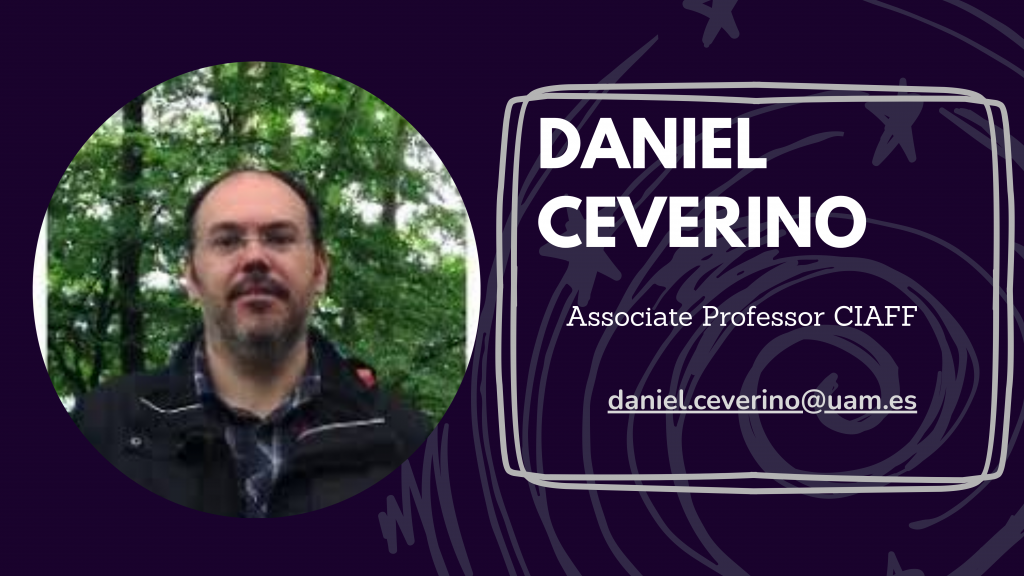Academic Team


Course Content
Type: Optional Course · AC Track · 3rd Trimester
This course provides the theoretical and practical foundations to model astrophysical phenomena using numerical simulations. Students will be introduced to the principles of computational astrophysics and high-performance computing, gaining proficiency in scientific programming and the use of advanced numerical techniques.
The programme covers numerical integration methods, the solution of ordinary and partial differential equations, and their application to key physical processes: gravitational dynamics, N-body systems, (magneto-)hydrodynamics, and gas dynamics. Both Eulerian and Lagrangian approaches are presented in detail, including state-of-the-art algorithms such as Particle-Mesh (PM), Adaptive Mesh Refinement (AMR), Smoothed Particle Hydrodynamics (SPH), tree codes, and hybrid schemes (treePM, P³M).
Hands-on exercises form an integral part of the course. Students will work on small programming assignments—ranging from visualising the Mandelbrot set to implementing integration schemes for gravitational two-body systems, and developing a 1D SPH code for gas dynamics. A final project allows participants to either build a tailored simulation tool or employ a professional astrophysical code to investigate systems such as planetary configurations, stellar clusters, or galaxy formation.
By the end of the course, students will not only master the computational methods at the core of modern astrophysics but also acquire the skills needed to run and analyse large-scale simulations on high-performance computing systems, preparing them for research in both theoretical and observational contexts.
Reading List
- Galaxy Formation and Evolution. Mo, Van den Bosch, White, Cambridge University Press, 2010
- Galaxy Formation Theory, A. Benson, Physics Reports, 2010,
- Galaxy Formation and Evolution. H. Spinrad, 2010, Springer Books.
- The road to galaxy formation. W. Keel, 2010, Springer Books.
- Galaxy Formation, M. Longair, Springer. 2007
- Structure Formation in the Universe, S. Padmanabhan, Cambridge

